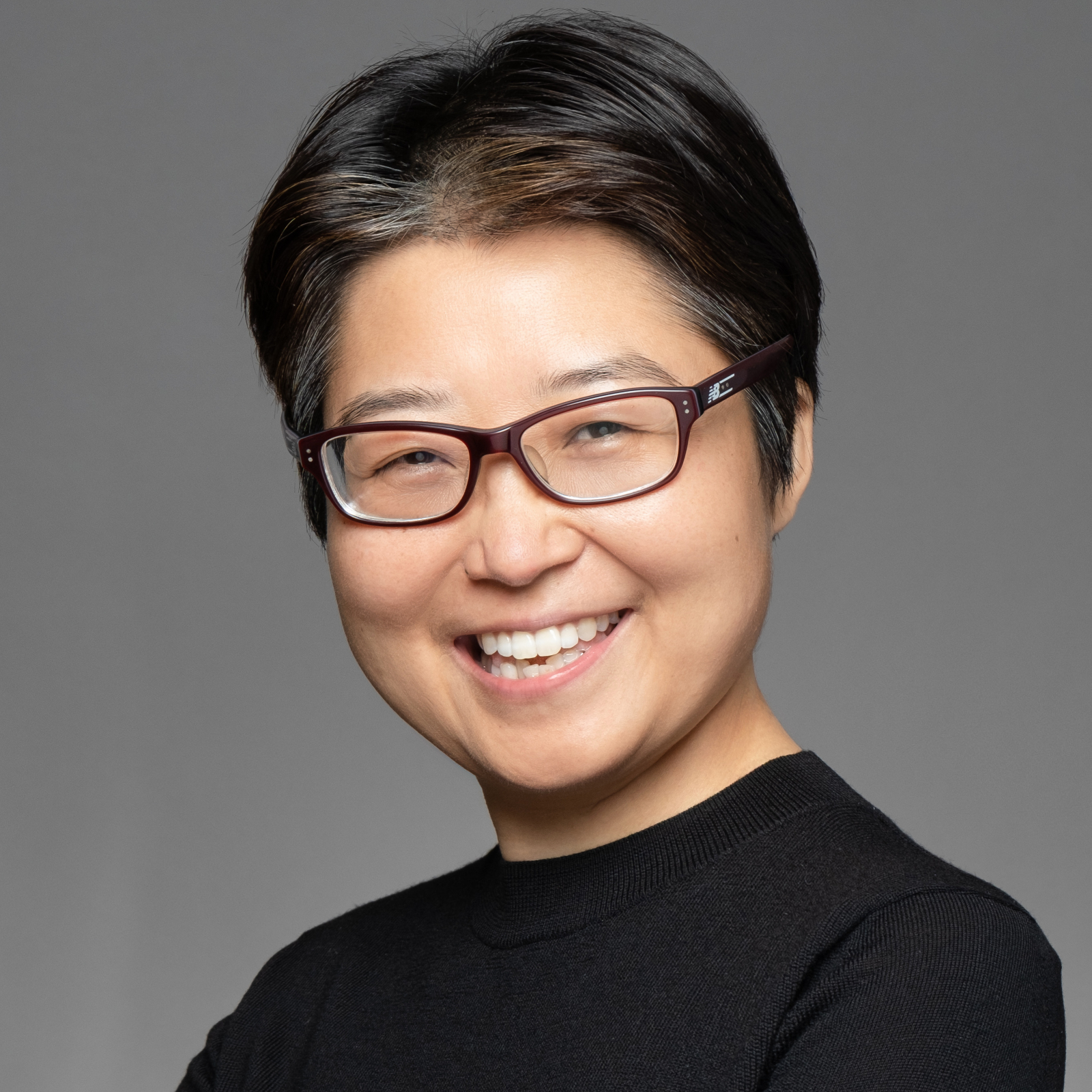Peidong Sun

Associate Professor
SciencesPo
peidong.sun@gmail.com
Peidong Sun (Ph.D. of Sociology, Sciences Po, Paris), former associate professor of History at Fudan University, is currently a EURICS fellow. She will be Michael J. Zak Associate Professor of History for China and Asia-Pacific Studies at Cornell University from July 1st, 2021. Professor Sun was a visiting scholar at the Harvard Yenching Institute for 2016-17, the Edward Teller National Fellow of the Hoover Institution at Stanford University for 2017-18, a BBRG Non-Resident Scholar at the University of California, Berkeley, 2018-19, and a visiting professor of the Center for International Studies at Sciences Po Paris from February 2020 to January 2021. Professor Sun’s research interests focus on history, politics, and culture in authoritarian China by asking how a practice of everyday life in China, such as clothing choices, underground reading, and mate choices of the sent-down generation were influenced by their lived experiences and memories under Mao’s socialism and Deng’s socio-economic transformation after 1978. She is currently working on her third book entitled “Underground Reading of the Sent-down Generation: History and Memory of the Cultural Revolution” after publishing her first book, “Who Will Marry My Daughter: Parental Match-making Corner in Shanghai’s People’s Square, “and the second one “Fashion and Politics: Everyday Clothing in Guangdong Province during the Cultural Revolution.”
Research project
Performing political loyalty: reading and censorship in China under Mao This project studies the dynamic relationship between censorship and readership in China under Mao. Using previously untapped CCP documents, private archival collections, oral history, personal and work journals, I examine the motivations, mechanisms, impact, and evolution of state censorship on personal readings after 1949. Specifically, I explore how books evinced the state’s cultural sensibility and its interactions with official censorship. On the one hand, the system of cultural censorship was both normative and punitive: official censorship and self-censorship induced “political side-taking” and “habitual following” within the society, which in turn normalized political power and transformed censorship into a cultural norm. On the other hand, a thriving literary underground, as seen in the hoarding of forbidden titles and their partial unbanning since 1970, suggests the limitations of censorship and shows how networks of information percolated through official politics and entered everyday life through reading and writing.
Publications
Parental matchmaking in China in Briefs | Analyses n°10 Eurics monthly newsletter